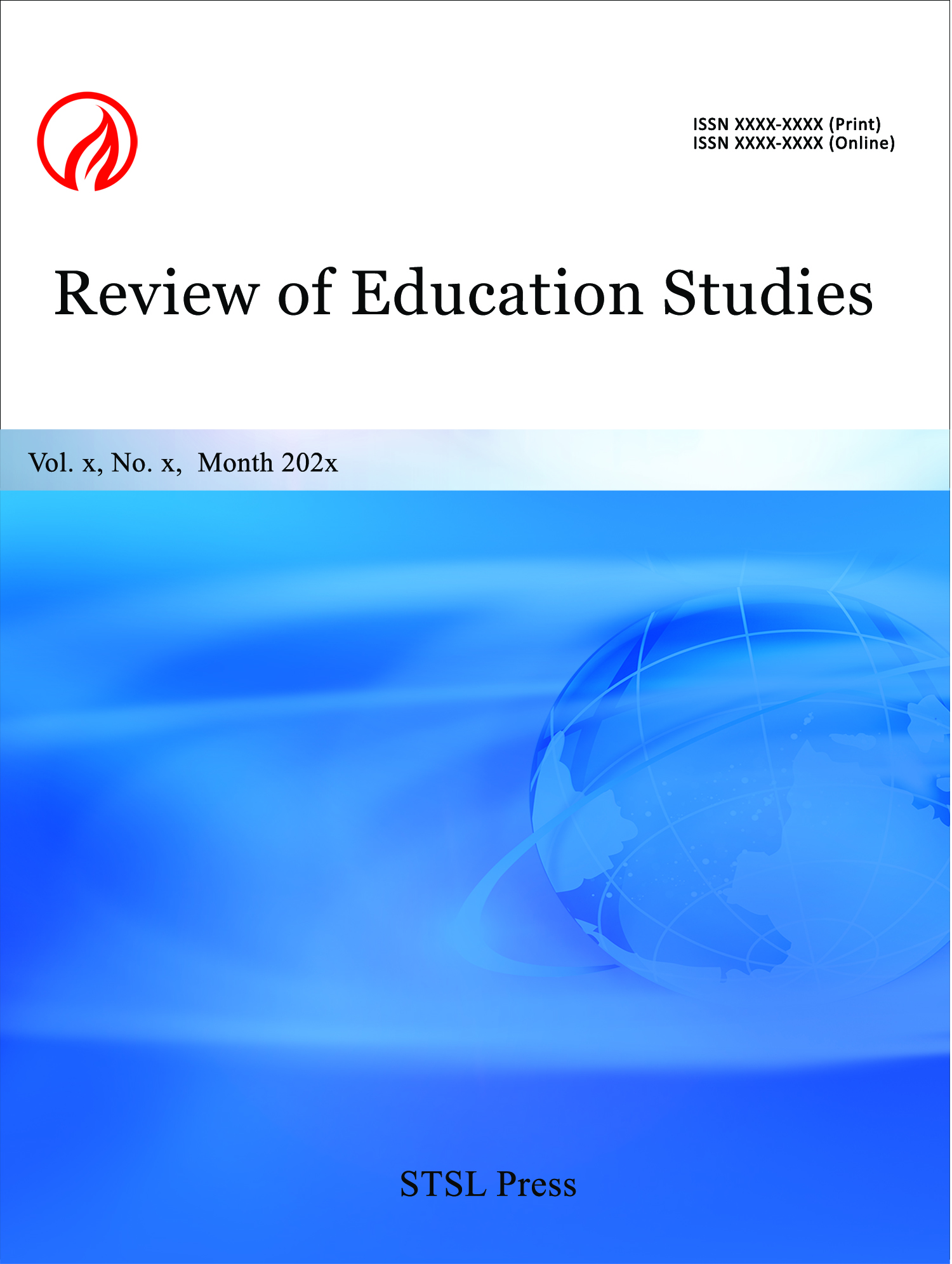Exploring Student Motivation and Self-Regulation in an Orchestrated CSCL Language Learning Environment
Eirini Dellatola
Thanassis Daradoumis
Yiannis Dimitriadis
Abstract
In today's rapidly evolving world, technology continues to influence various aspects of our lives and education has undergone a transformative shift, embracing different digital tools and methodologies to enhance students' learning experience. Computer-Supported Collaborative Learning (CSCL) has emerged as a promising paradigm facilitating collaborative activities among language learners and fostering meaningful interactions. In the realm of CSCL, the concept of orchestration plays a pivotal role in guiding and shaping the learning process, so that learners achieve better outcomes. The aim of this study is to investigate the influence of a prototype Learning Analytics (LA) tool used to orchestrate Computer Supported Collaborative Language Learning (CSCLL) activities. The tool tracks students' oral communication and provides feedback on the percentage of target language usage. Given the recognized significance of target language utilization in language learning contexts, this research aims to discern the effects of such a tool on students' motivation and self-regulation. A sample of 34 students was divided into control and experimental groups for comparative analysis. Data collection included validated questionnaires and semi-structured interviews. The results reveal statistically significant differences in some aspects of motivation and self-regulation among students exposed to the experimental intervention. These findings highlight the potential of Learning Analytics tools in enhancing various aspects of language learning within collaborative environments.
Paper:
pdf
DOI:
https://doi.org/10.71002/res.v4n3p1
 This work is licensed under a
Creative Commons Attribution 4.0 License.
This work is licensed under a
Creative Commons Attribution 4.0 License.
Contact us
- Jennifer Smith
- res@stslpress.org
